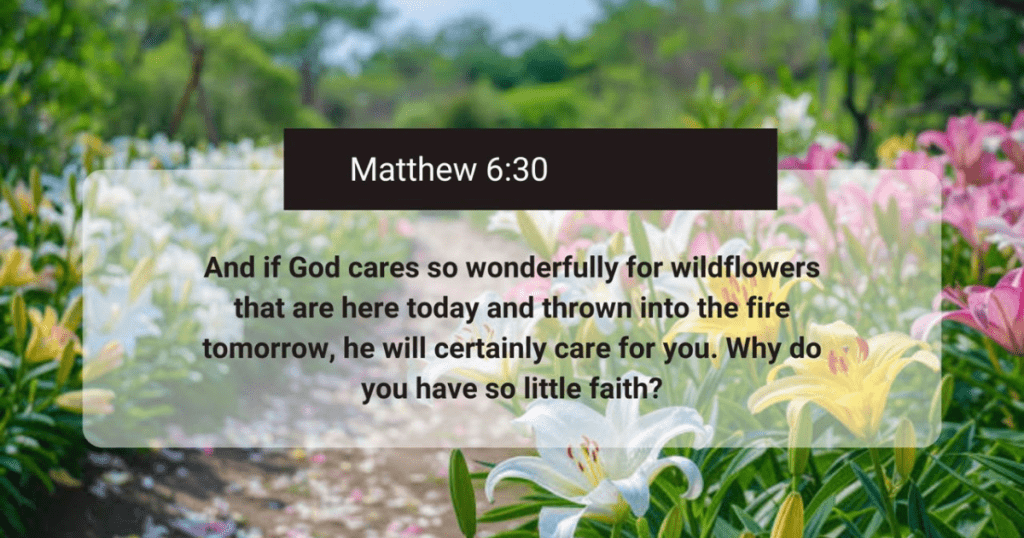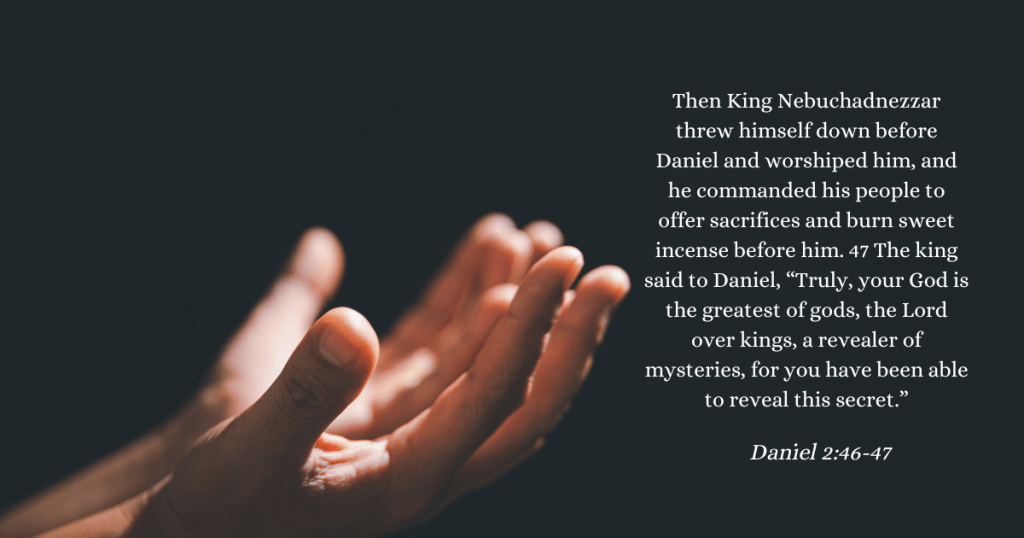We have been looking at parents in the Bible, how they raised their children, the choices they made, and how those decisions affected not just their immediate families but generations after them. In the last reflection on Hannah, we looked at how anyone who gives up their child or children never regrets it, when they are given up to God.
God can do a better job at looking after them, ordering their steps, and leading them in His path than we ever could. The best and most important thing we can do is to partner with God concerning His purpose for their lives.
As parents, we must be careful not to clutch them to our chest, thereby standing in the way of God or resisting His purpose for them. They are His in the first place and will always be His. We must understand that we are stewards of every gift He gives to us, including our children.
Scripture clearly tells us that children are a gift from God and a reward from Him. (Psalm 127:3). This means one of the ways He blesses man is by giving him the gift of a child. Therefore, we must not honour or prioritise the gift above the Giver (like Eli the priest of God did).
Today, we look at Elizabeth and Zechariah.
When it comes to parenting, I believe the Bible is full of gems and pearls, lessons not always written in black and white, but embedded within stories, and made clear by the Holy Spirit who inspired the Scriptures, He can help us understand what we read with clarity and within the context of scriptures.
Though Scripture doesn’t lay out detailed parenting practices of Elizabeth and Zechariah, we can discern a great deal when we read with the help of the Holy Spirit. For example:
- The very fact that John the Baptist was in the wilderness for years, eating wild locusts and honey, fulfilling God’s purpose for his life by heralding our Lord and Saviour Jesus Christ, is indication enough. Even if at any point they struggled with the pain of letting go of their gift (the surprise child they had desired all their lives), the fact that he was fully yielded to God’s assignment reveals that they must have stepped aside and allowed him to go about his Father’s business. Their long-awaited miracle child wasn’t hoarded. They gave him back.
- We also see that they were aligned with God’s will when they named their child. They didn’t give him the most emotional, symbolic, or trending name. They named him John, just as the angel of the Lord instructed. That kind of obedience shows alignment with God and His purpose for their child.
It paid off.
John the Baptist did exactly what God ordained him to do. He baptised people, made way for our Lord as prophesied in the book of Malachi. He even baptised and announced Jesus Christ, having seen the sign God told him to look out for. In fact, he was so sold out to doing God’s will that he said “He (Jesus) must increase, and I must decrease”.
Their decision not to hold tightly to their child is one of the reasons why we are not consumed. As Scripture says in Malachi 4:6, “He will turn the hearts of the fathers to their children, and the hearts of the children to their fathers; or else I will come and strike the land with total destruction.” While Elijah is mentioned here, we know the reference was to one who would come in the spirit and power of Elijah, just as the angel clarified in Luke 1:16–17.
I believe Elizabeth and Zechariah received this divine intelligence and quickly came to realise that this child wasn’t theirs to keep. They must have understood that holding him back would have been resisting God Himself and that would be disastrous.
That’s why I believe we must keep asking God about our children, how to steward them, guide them, and release them in alignment with His will. So that when they come to us sensing a calling or a stirring by God, we are not caught off guard or resistant. We would have been praying, watching, already aware, already prepared, and willing to say: “Go, God has need of you.”
Key Lessons From Their Story
- Letting Go Today
Today, releasing our children to God might not look like sending them into the wilderness to eat locusts but it may look like trusting them to serve God in a field we don’t fully understand, or not pressuring them into a career that makes us look good. It may mean letting them take a gap year to serve in ministry, or choosing a life of simplicity over prestige because we see God at work in their hearts. - Discerning Our Children’s Call Early
Sometimes, God gives us early glimpses for example, an unusual tenderness, a sharp sense of justice (Moses), a hunger for God’s Word (Jesus Christ). Like Zechariah and Elizabeth, we must be spiritually sensitive so we don’t ‘normalize’ away a prophetic assignment under the label of childish excitement. - Don’t Fall Into The Trap of Overidentifying with Your Children’s Journey
Modern parenting subtly encourages us to build our identity around our children’s achievements, grades, talents, future jobs, or social media polish. But children are not our personal legacy projects. They’re God’s instruments, on loan to us, to be shaped, loved, and then released. - God is never late.
I have felt the sting of waiting, of praying for a child, though mine pales in comparison to Elizabeth and Zechariah and many others who have waited for years. But however short or long the time frame, I think we can all relate. The pressure, the feeling of inadequacy, the shame, the constant womb-watching and intrusive questions like it’s entirely within your power stings.
But here’s a couple who didn’t wait weeks or months. They waited for years. They grew old while waiting. Yet their faith did not wane. Scripture describes them as: “both righteous before God, walking blamelessly in all the commandments and statutes of the Lord.”( Luke 1:6).
Zechariah continued to serve as a priest. Elizabeth continued to walk in righteousness.
This shows us it wasn’t because of any fault of theirs that they had no child. They were simply chosen for a work that required divine timing. A moment that was neither too late nor too early. In a culture that magnifies quick results and curated timelines, many parents carry the shame of delay (delayed conception, delayed speech, delayed milestones etc). Elizabeth and Zechariah remind us that delay is not denial. God is doing a work of precision, not patch jobs. God is always right on schedule. - Their story teaches us that our walk with God as parents matters long before our children arrive and continues to matter long after. Our faith, our obedience, our integrity create the atmosphere for destinies to flourish.
May we, like Elizabeth and Zechariah, walk righteously before God, so our children can walk boldly into His plans.
A Parent’s Prayer of Surrender
Dear Lord, thank You for the precious gift of children.
Help me to remember that they are Yours before they are mine.
Teach me to release them daily into Your hands, to trust Your timing, and to obey Your instructions without fear.
Give me the grace to nurture without clutching, to guide without controlling, and to discern Your voice over the noise of my own desires.
May my home be an altar where You are honored above all else, and may my children grow to fulfill every word You’ve spoken over them.
In Jesus Christ’s name, Amen.






